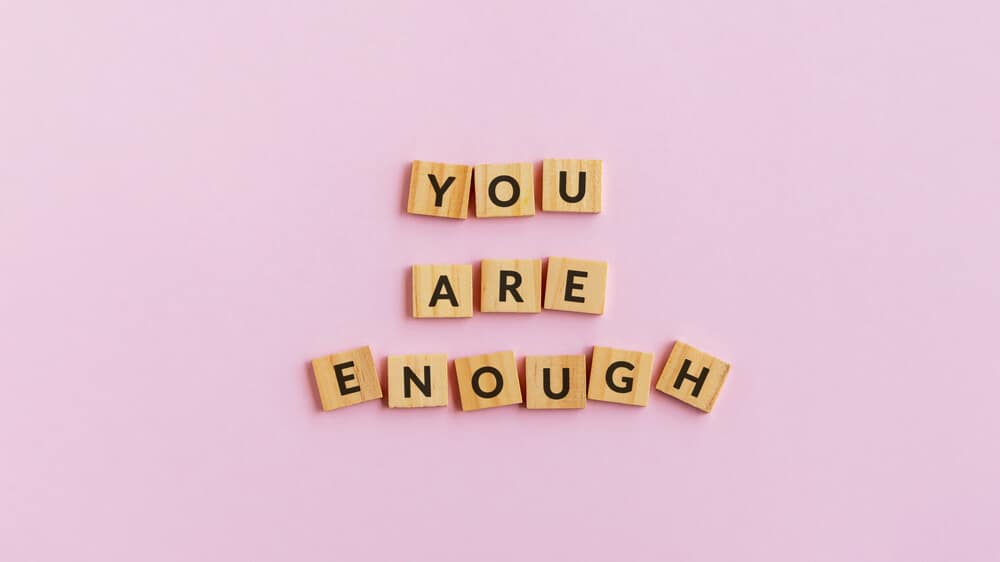In the Face of the Pandemic, A Reminder for Disabled People: You Are Enough
The following post is part of our series on perspectives from disabled and chronically ill people regarding COVID-19.
It has never been more evident that my nondisabled fellow Americans, maybe even the world, has a deep-seated hatred of disabled people and the chronically ill.
Overreacting, you say? What else is it called when people casually muse aloud that “only” people like you would die from COVID-19 as a rationale for ending social distancing in the near future? How else is someone supposed to feel when elected officials call upon you and the elderly to die, literally for corporate profits?
“Only people with pre-existing conditions and the elderly will die.”
Pre-existing conditions? That’s me. I have asthma, a chronic cancer, a compromised immune system, respiratory issues, two kinds of arthritis, and four other conditions that are less relevant to this but will mask the symptoms of COVID-19 if I get sick.
Denying care to people like me is dressed up as “triage” or “tough choices that have no alternatives.” But triage is how you decide whose injuries need the most urgent treatment, not who will be denied a ventilator because someone thinks another patient is more worthy of life.
That’s medical care rationing. And if we actually used the resources the public and private sector have to head it off at the pass, it would not be necessary. But the point is, you can’t tell disabled people we’re overreacting or exaggerating about being thrown away, when having care taken away from us and given to other people is being seriously discussed in state government and in hospitals right now.
We’ve seen these discussions happening before. Ableism and discrimination against disabled people is not new to us.
As disabled people, we know the buzzwords and phrases where this bigotry hides, in what seems like logic. One that is making the rounds again now is the idea that some of us are “productive members of society” and that those of us who aren’t making a corporation wealthier with underpaid labor are not among the productive.
Let’s start with the term itself – what is a productive member of society? Productive to whom? Based on what? Being profitable to a corporation? Making a taxable income that subsidizes corporate welfare more than social programs to care for people? Are those the only things that make you worthy of life in the United States of America?
What about children? Are they expendable because they don’t generate an income? Retired people?
Of course not. It’s an ableist idea because it ties your worth to what you’re doing for a system that isn’t even giving us back what we’re putting into it. And all of us contribute to the system. All of us consume goods and services, and when those items are taxed at the state or federal level, those costs are passed on to us, the consumers. But even if we didn’t, that wouldn’t make us less worthy of life, help or assistance.
It starts with the idea that some of us are more worthy and evolves into how we talk about who is expendable. Who wants to live in that kind of dystopian nightmare? Stopping those kinds of paths starts with ending the idea that some of us are more valuable and some of us are less. Life is life. We need to create a world where no one ever feels like their contribution is too small. You are enough. You’re already enough. Don’t let anyone convince you otherwise.
About Rooted In Rights
Rooted in Rights exists to amplify the perspectives of the disability community. Blog posts and storyteller videos that we publish and content we re-share on social media do not necessarily reflect the opinions or values of Rooted in Rights nor indicate an endorsement of a program or service by Rooted in Rights. We respect and aim to reflect the diversity of opinions and experiences of the disability community. Rooted in Rights seeks to highlight discussions, not direct them. Learn more about Rooted In Rights



